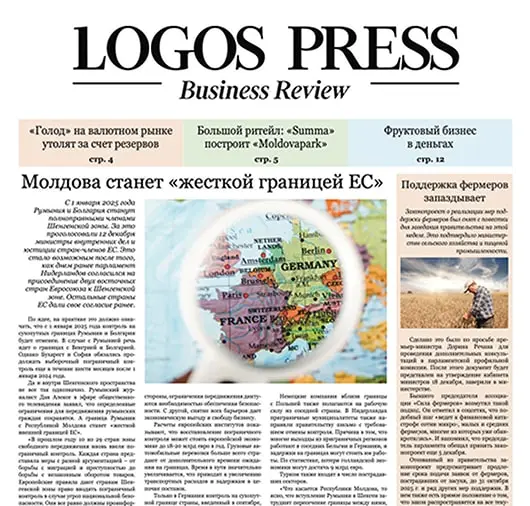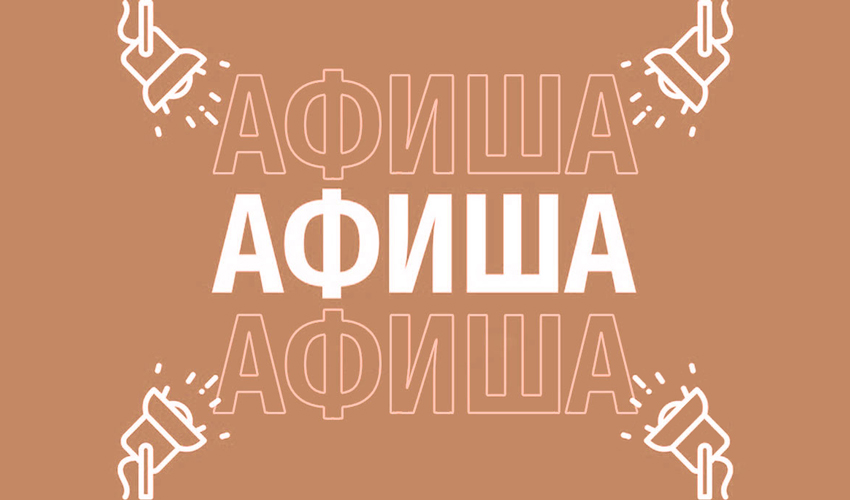Send us a message, and we will definitely consider your suggestions and comments.
Articles
In 2025, Moldova’s hospitality industry reached its highest point of growth in the last 20 years. Among the market operators that significantly influenced this trajectory, Summa stands out as a key player. The company has been present in Moldova for three decades, actively contributing to the development of the country’s hotel infrastructure. It was Summa that brought the first international hotel brands to Moldova, setting a new benchmark for high-quality infrastructure. And this year, Summa is once again launching a new large-scale project.
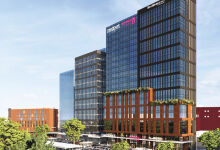
Two significant news appeared in the public space on Thursday, November 27. First, the People’s Assembly of ATU Gagauzia set the date for the elections of the new legislative body of the autonomy. They will be held on March 22, 2026, and the second round will be held on April 5, 2026.
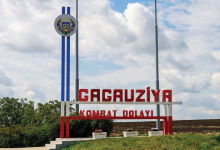
In November, the Chekhov State Russian Drama Theater will premiere the fairy tale for adults and children “How I. I. I. became a man”. Screenwriter Iakov Gribinenko and director Roman Malai have created a modern interpretation of Moldovan folklore with subtle references to local political reality.

In Ungheni, negotiations were held on the construction of a multimodal terminal at the Beresti railway station.
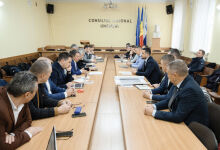
Due to large-scale supplies of soybean meal from Ukraine to Moldova, the price of this commodity on the Moldovan market has significantly decreased, which is good for local livestock farmers, but bad for local soybean processors.

Power systems around the world are undergoing a profound and rapid transformation that will make…

As of November 2025, there are 6 data centers in Moldova, according to the Statista statistics portal. These centers are the backbone of the digital economy, and their number reflects the level of its development in the country.
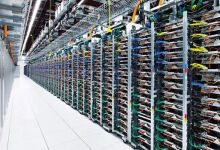
This is how Moldova’s political fate may change unexpectedly, judging by recent events. The European Union is ready to compromise the principles of full membership in favor of a geopolitical choice. This was stated by European Commissioner Marta Kos in an interview with Euronews after her report at the EU Enlargement Forum organized by the European Commission this week.
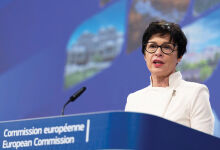
There is a discussion in the public space about the forthcoming changes in the labor legislation. Recently, Logos Press presented the position of the American Chamber of Commerce (AmCham Moldova) on this issue. Its members are against the amendments to the current legislative framework regulating the work of the State Labor Inspection (SLI) and the general regime of state control in this field. AmCham Moldova submitted to the Ministry of Labor and Social Protection a negative opinion on the relevant draft law.
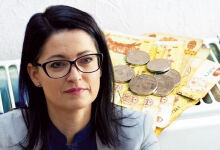
In recent weeks alone, two groups of drug traffickers have been exposed in Moldova. Large quantities of drugs totaling more than 8 million lei were seized. Such news has long ceased to be a sensation. But the news that two drug laboratories were “covered” in our country shocked even the most imperturbable observers. An international network for the production and trade of amphetamine and methamphetamine, operating in Moldova, Poland and Hungary, was uncovered. Four laboratories were identified, of which two were in Moldova, and 16 people in five countries were detained. As part of the criminal prosecution, authorities documented the trafficking by the group of criminals of approximately 30 kilograms of amphetamine worth about €2.1 million. And that’s a whole other level of threat, albeit one that has been uncovered – this time.
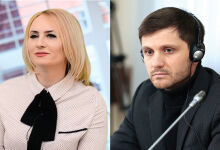
Negotiations on the sale of Giurgiulesti port are ongoing, the deal has not yet been finalized, the Ministry of Economic Development and Digitalization said.
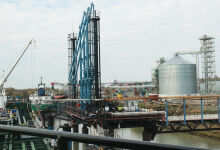
From November 14 to 27, the Organ Hall presents the XIV International Music Festival “Johann Sebastian Bach”, a landmark cultural event in Chisinau that attracts a wide audience. The program includes four concerts with the participation of guests from France, Germany, Spain, Cuba, Romania.

